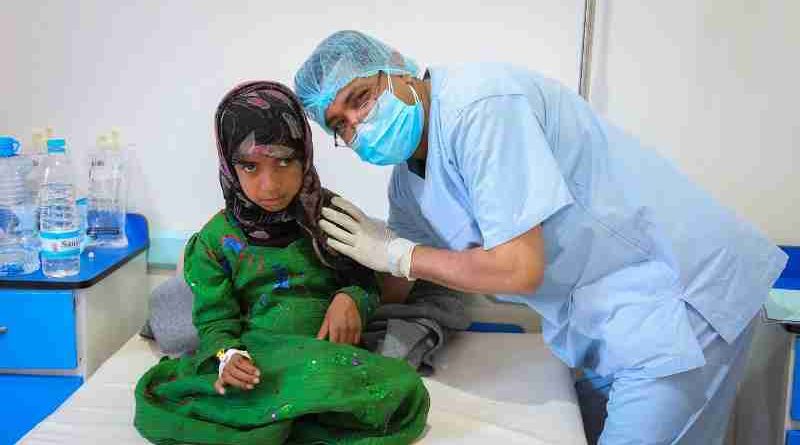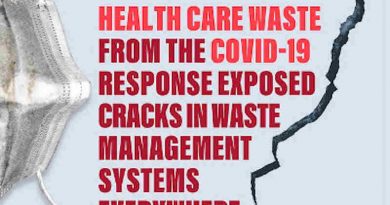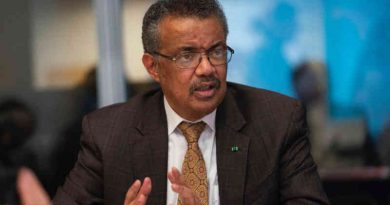Number of Suspected Cholera Cases Reaches 100,000 in Yemen

The number of suspected cholera cases in Yemen continues to rise, reaching 101,820 with 791 deaths as of 7 June 2017. Worst affected are the country’s most vulnerable: children under the age of 15 account for 46 per cent of cases, and those aged over 60 represent 33 per cent of fatalities.
The World Health Organization (WHO) and the United Nations Children’s Fund (UNICEF) are honing in on areas reporting the highest number of cases to stop the disease from spreading further.
The UN agencies say the race to contain the cholera outbreak will not be won easily. The country’s health system has been nearly destroyed by more than two years of intense conflict.
[ Dust Pollution: Your Children Are Not Safe in Delhi ]
Less than half of the country’s health centres are fully functional. Medical supplies are flowing into the country at a third of the rate that they were entering Yemen before March 2015.
Important infrastructure has been damaged by the violence, cutting 14.5 million people off from regular access to clean water and sanitation. Health and sanitation workers have not received their salaries in more than eight months.
UNICEF, WHO, along with their partners, are working on a war footing to respond to this latest outbreak.
[ Also Read: Criminal Activities of DPS Housing Society MC Members ]
Nearly 3.5 million people across the country have been reached by disinfecting water tanker filling stations, chlorinating drinking water, restoration of water treatment plants, rehabilitation of water supply systems, providing household water treatments and distributing hygiene kits (soaps and washing powders).
UNICEF and WHO are both providing support and medical supplies to Oral Rehydration Centres and Diarrheal treatment centres across the country where patients are being screened and provided immediate medical support. All this is done along with disseminating hygiene awareness to the affected populations.
The total funding needed for the joint response activities of health, water and sanitation partners comes to US$ 66.7 million for six months.
Photo courtesy: UNICEF






